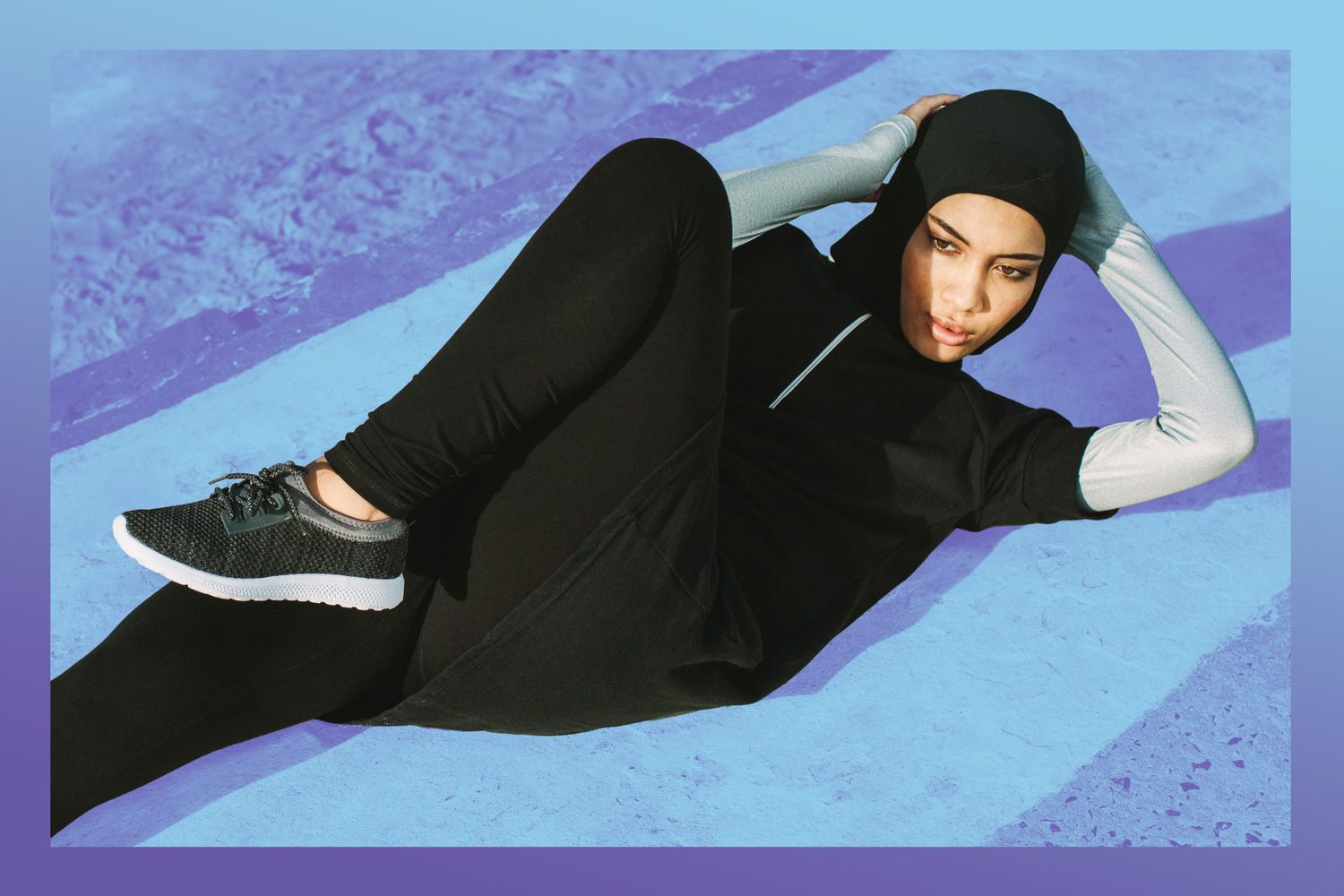A Comprehensive Handbook for Exercising During Fasting

Ramadan is a holy month in the Islamic religion where Muslims fast daily from sunrise to sunset. The practice can be particularly challenging if Ramadan falls during summer where daylight hours are longer. Muslims usually consume a pre-fast meal, known as suhoor or sehri, before sunrise, and break their fast with a meal known as iftar after sunset. During the day, Muslims can drink and eat as much as they want. Many Muslims exercise during Ramadan, while still observing the fast. While it is safe in most cases, it is important to take precautions for those with medical conditions or taking certain medications.
Fasting during Ramadan may boost muscle growth and exercise performance. Research has suggested that fasting may increase the human growth hormone, responsible for boosting metabolism and cell repair, among other functions. However, it is essential to consult a physician before exercising while fasting, particularly for those with chronic medical conditions or taking medications such as diuretics and blood pressure meds, which can cause dehydration or electrolyte imbalances.
Fitness enthusiasts who choose to exercise during their fast need to be aware of their hydration levels, particularly if they tend towards high-intensity exercises, such as HIIT. During Ramadan, there is a shorter window for fluid intake, so it is critical to consume as much hydration as possible after breaking the fast and before sunrise. The standard recommendation is at least eight glasses of water per day. For those who are unable to hydrate adequately, low-intensity exercises such as walking are recommended.
Electrolyte consumption is also important during fasting to maintain fluid balance, particularly for those who exercise. Electrolytes are crucial minerals such as sodium, potassium, and calcium, which play a vital role in maintaining fluid balance in the body. Working out while fasting should not be used as a weight-loss method.
'Fruits that are very high in water [e.g. watermelon, cantaloupe, strawberries] are going to help make sure you get those electrolytes,' says Aldasouqi. Sipping on sports drinks, such as Gatorade, can also help on the electrolyte front, but these beverages are often loaded with additives and sugars. (Too much sugar, for example, can not only cause fluctuations in blood sugar, but can also lead to bloating, discomfort, and even cramping — all of which can negatively impact your ability to safely exercise on an empty stomach.)
'I usually recommend diluting [sports drinks],' notes Aldasouqi. 'You can also make your own [electrolyte-boosting drink] with 2 to 3 cups of water, half to a whole lemon juiced, and 1/8 teaspoon of salt.'
So how do you know if you're dealing with dehydration? 'One of the most common signs [of dehydration] is an increase in your heart rate,' says Dr. Yaqub. 'Sometimes people will start feeling weak, dizzy, or nauseated, have a difficult time focusing, and notice [that] their productivity goes down.' While any of these symptoms are enough to warrant a call to your doctor, if you experience significant pain or faint, you should especially reach out.
When it comes to working out while fasting for Ramadan, avoid picking up the intensity at the gym, suggests Dr. Yaqub. 'I know that's not always possible if [for example] you're an athlete, but for the average person, it's probably a good idea to stay away from high-intensity workouts while you're fasting.'
Instead, opt for moderate physical activity, 'which has been shown to be safe for the average healthy individual,' adds Aldasoqi. ''Moderate' is basically something that gets your heart pumping, but it's not at a level where you can't hold a conversation while you're being active.'
Other good options for exercising on an empty tum are lower-intensity activities, such as leisurely swimming, yoga (with the exception of hot yoga for obvious, dehydrating reasons), as well as Pilates, according to Dr. Yaqub. And if you're someone who doesn't exercise regularly (no judgment!), consider waiting until after the holiday or your fast to start incorporating more physical activity.
'The absolute safest, though probably the least practical, is to do it [during] the non-fasting hours, so in the night,' says Aldasouq.'For a lot of people, that's not very practical, especially when Ramadan is during the spring/summer [and the sun sets late in the day].'
Another option? Getting a workout in right before breaking the fast. 'Yes, you're the most depleted at that point, but it's also closest to when you are going to replete and replenish everything,' explains Aldasouq. (
If you're set on working out while fasting, eating the right foods — in addition to, of course, drinking plenty of fluids — before sunrise and after sundown can make all the difference.
'Focusing on high-protein foods is a really good idea so that you have energy that extends and lasts a little bit longer,' says Dr. Yaqub, who counts nuts, eggs, avocado, fish, and chicken as excellent food choices for those that are fasting. 'Make sure you're getting enough protein through the month of Ramadan — even though you're fasting, you still have the same protein requirements,' she adds. 'You're just trying to fit them in during a shorter window of time.'
You should also get your fill of fibrous foods, such as oatmeal, lentils, and fruits and veggies, among other high-fiber eats. 'Fiber slows down the digestion and absorption of food, so you get steady energy that lasts,' Sarah Romotsky, R.D., previously told Shape. But keeping you full and fueled for hours is just one of the nutrient's many perks. Soluble fiber, in particular, forms a gel-like substance in your gut, slowing down the absorption of carbohydrates and preventing blood sugar spikes. And the more stable your blood sugar, the less likely you are to experience those sugar highs and lows and that rollercoaster of energy that comes with it.
On the flip side, 'folks who are consuming high-carb meals during sehri/suhoor are probably at a disadvantage [throughout the day],' says Dr. Yaqub.
As for calorie intake, most people don't need to think too hard about this number, even if they're physically active — unless you are an elite athlete or have a history of disordered eating, according to Aldasouqi. (And if you fit either or both of those categories, it's a good idea to consult a nutritionist to develop the best diet for you and your goals, whether that's workingout while fasting during Ramadan or otherwise.)
That's fine, according to Aldasouqi, who adds that many people choose to prioritize spirituality over fitness during the month of Ramadan. If you'd like to take a break from the gym, ease back into your fitness routine after Ramadan comes close, says Dr. Yaqub.




